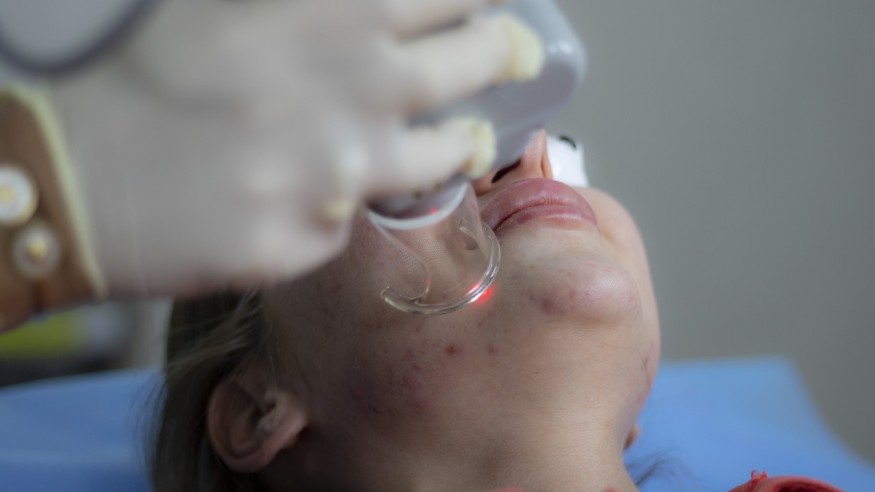
Acne is a common skin condition that causes red spots to show up on the surface of the skin, most commonly on the face. These red spots can become inflamed, irritated, and painful depending on the severity of your acne. As well as the physical discomfort, acne can also cause the sufferer a lot of insecurities too, due to its appearance.
If you have acne you've probably tried a number of treatments, both at home and professional. But have you ever considered laser treatment? Clinics such as The Laser Treatment Clinic offer services such as laser treatment to treat active acne. The following are the ways in which laser treatment can be an effective treatment option for those with acne.
Reduces acne-causing inflammation
One of the main ways laser treatment can treat acne is by reducing inflammation. Acne is an inflammatory condition, meaning flare ups are usually caused by inflammation within the body. By targeting the inflammation you can help reduce the appearance of acne and reduce the uncomfortable symptoms. IPL (intense pulsed light) therapy sends lasers to penetrate the skin, targeting the areas of inflammation.
Stimulate collagen production
Laser treatment can also increase collagen production, which helps the skin heal from acne breakouts. Collagen is a protein found in the skin that promotes skin healing, allowing your skin to heal, repair, and improve its texture. The heat from the lasers causes your body to start producing more collagen to heal the affected areas, which can help these areas heal from the damage acne does.
Fights bacteria
The heat energy generated by the lasers targets acne-causing bacteria, which results in less inflammation. By reducing the amount of bacteria and inflammation, this can help stop acne flare ups and reduce its appearance.
By destroying the bacteria, there is less chance of a flare up and more of a chance that your skin will have time to heal.
Sebum reduction
During laser treatment, lasers emit specific wavelengths that target the sebaceous glands, helping to reduce their activity. With less sebum (oil), the formation of acne lesions can be prevented more effectively.
With a reduction in sebum, the less likely you are to develop new acne, effectively helping you keep your active acne under control.
Who is right for laser treatment?
It's important to note that while laser treatments can be effective for some people, they may not be suitable for everyone, and the results can vary. Ultimately, it's important to talk with your doctor or dermatologist before undergoing any laser treatment for acne. Professional laser clinics will also book you in for a consultation to discuss your skin and the best course of action tailored to your requirements. This is because a licensed medical professional is essential to determine the most appropriate treatment plan.












